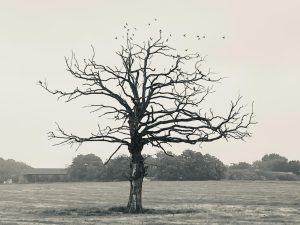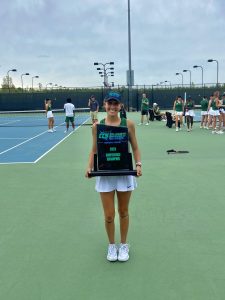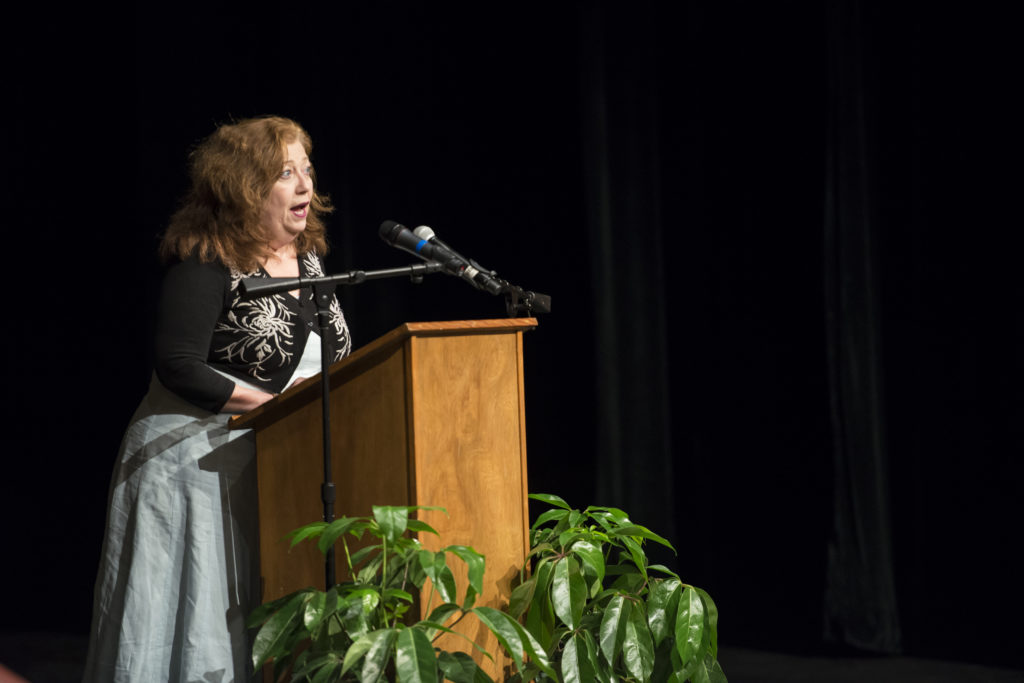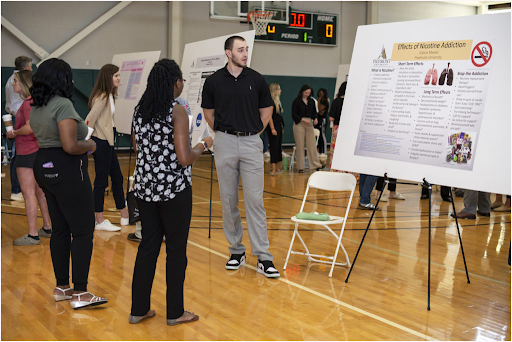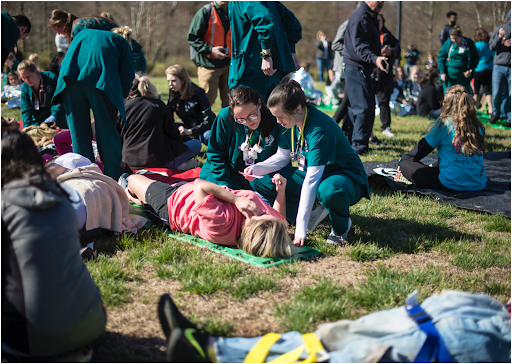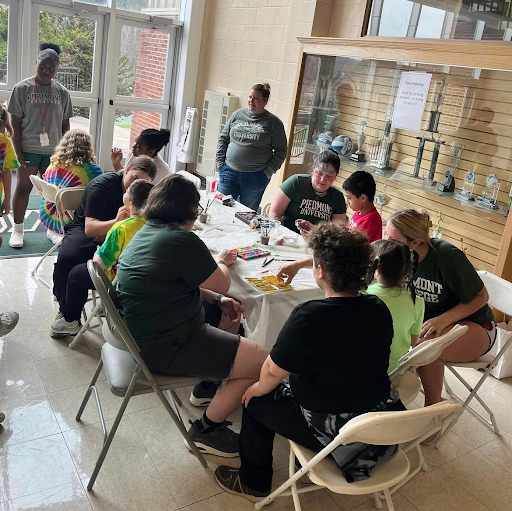
On the evening of March 29, award-winning journalist Dr. Diane Roberts lectured to a small crowd of Piedmont students, faculty and community members at the Swanson Center Main Stage. Roberts spoke about the role of literature in social justice, focusing intensely on the work of Lillian E. Smith, a local author and civil rights advocate from the mid-1900s.
“Lillian Smith attended Piedmont College and now she’s one of the most important parts of college life,” Roberts said. “I think her sensibility really fits Piedmont.”
Roberts is the author of four books and a long-time political columnist, having written for the New York Times, the Guardian, the Washington Post, the Atlanta Journal-Constitution and now the St. Petersburg Times. Roberts has researched extensively on the life of Lillian E. Smith, publishing an article about her, titled “Stay and Resist,” in the Fall 2016 issue of Oxford American.
The lecture stayed focused on the life and literature of Smith, emphasizing the importance of her controversial novel, Strange Fruit.
“In 1944 [Smith] published a book called Strange Fruit, which exploded on the American scene like a roman candle,” Roberts said. “This was a genuine dirty book, according to the U.S. Postal Service. They wouldn’t mail it. It was banned in Boston and Detroit. A Massachusetts district judge declared it obscene and likely to corrupt the morals of youth. What on earth could this book be about? Well, it was about an interracial relationship.”
Roberts described Strange Fruit, along with the rest of Smith’s writing, as a glimpse into a portion of America’s past that’s often overlooked: southern progressivism.
“Lillian Smith’s books are a testament to the southern progressivism that I think we forgot even existed,” Roberts said. “We think that the Civil Rights Movement went poof-up with the Montgomery Bus Boycott, but there was a long lead-up to that. This southern progressivism was fed and nurtured by Lillian Smith. She advocated for it, she worked for it, she attacked the things she felt needed attacking.”
What Smith felt needed attacking, Roberts explained, was the “big house” of white supremacy.
“This big house is splendidly furnished with myth and nonsense,” she said. “It’s haunted by rape, lynching, war, poverty and ignorance. In the kitchen you have black women working. In the parlor you have white women sitting there, being ‘good.’ Lillian E. Smith was born in raised in this big house, but she refused to be a part of it. If she was to talk about the big house, it would be to reveal that it was rotting. And she didn’t want to fix it up, she wanted to burn the whole thing down…. She was a white lady who went wrong in all the right ways.”
Roberts’ speech was insightful to many in the audience, introducing a side of Lillian Smith that often goes unknown to Piedmont members.
“I thoroughly enjoyed listening to Diane Roberts talk about Lillian Smith,” said Nathan Galloway, a sophomore exercise science major. “I had never known all of the contributions that Smith had made to the big civil and social rights movements of the 20th century. It was really cool to hear that one of our Alumni was a respective civil rights champion, and to hear that all these years later, there is still truth in the words that she wrote.”

